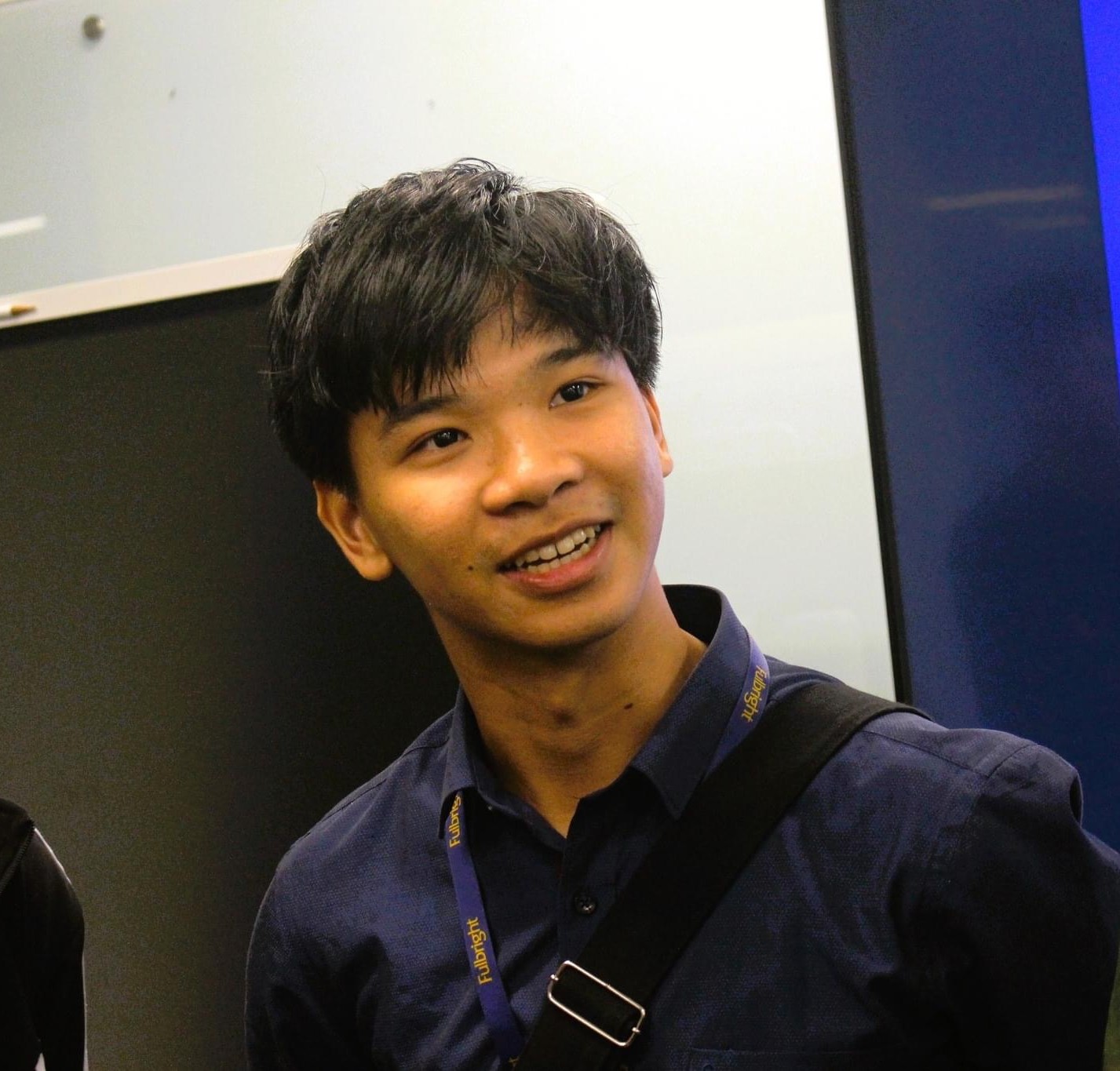Surfing ACL2023 Proceedings
I am trying to map the field of NLP. This is a big field. I will never know everything. But I should be able to map most of the topics and research progress in NLP. Therefore I read the proceedings of ACL 2023, arguably the world’s most pretigous conference in NLP.
Below is the list of topics in its Call for Papers, where I bold-faced the topics I am interested in:
- Computational Social Science and Cultural Analytics
- Dialogue and Interactive Systems
- Discourse and Pragmatics
- Ethics and NLP
- Generation
- Information Extraction
- Information Retrieval and Text Mining
- Interpretability and Analysis of Models for NLP
- Language Grounding to Vision, Robotics and Beyond
- Large Language Models
- Linguistic Diversity
- Linguistic Theories, Cognitive Modeling, and Psycholinguistics
- Machine Learning for NLP
- Machine Translation
- Multilingualism and Cross-Lingual NLP
- NLP Applications
- Phonology, Morphology, and Word Segmentation
- Question Answering
- Resources and Evaluation
- Semantics: Lexical
- Semantics: Sentence-level Semantics, Textual Inference, and Other Areas
- Sentiment Analysis, Stylistic Analysis, and Argument Mining
- Speech and Multimodality
- Summarization
- Syntax: Tagging, Chunking and Parsing
- Theme Track (see below)
Then I went to see the best papers there. Here are those that I find most interesting, grouped by topics:
- language understanding:
- ontology (Wu et al., 2023)
- theory of mind (Sclar et al., 2023, )
- entity tracking (Kim et al., 2023)
- bridging resolution ([[@kobayashiPairSpanBERTEnhancedLanguage2023]])
- understanding LLMs
- not quite superhuman-level yet (Tedeschi et al., 2023)
- they don’t get jokes (Hessel et al., 2023)
- adversarial attack to LLMs (hacking a system allows (1) deeper understanding and (2) interesting directions for improvements)
- somtimes outperformed by Linear Classifier (Lin et al., 2023)
- generalization
- zero-shot learning via instruction tuning [[@xuMultiInstructImprovingMultiModal2023]]
- train on very old data, test on modern data (Liu et al., 2023)
- training technicality
- data quality is more important and quantity (Maillard et al., 2023)
- weakly supervised learning is used in the wrong way (Zhu et al., 2023)
- transfer learning to new languages
- a good project on transfering to an African language (Gaim et al., 2023)
- data for 500 languages (Imani et al., 2023)
- natural and programming language processing
- code generation in Jupyter notebook! Yin et al. 2023)
I recognized some familiar names in the authors (like Dan Jurafsky, Charles Sutton, Vincent Ng, etc.) And I enjoyed the fact that (1) there are many high-quality papers that are not from famous universities and (2) the ideas and findings raised by the papers are so interesting, which means this research community is very productive and energetic!

Comments